Press Releases
2025
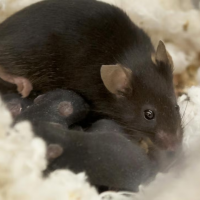
Psilocybin May Present Unique Risks During the Postpartum Period
There is an urgent need for improved treatments for postpartum depression in humans. Dosing mice with psilocybin did not alleviate stress responses and depressive behavior in mice that had recently given birth, suggesting that this may not be a useful treatment for human mothers.
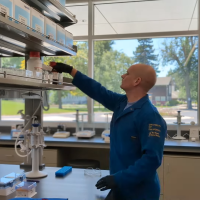
UC Davis Health’s IFM Fund Backs Delix Therapeutics in First Investment
UC Davis Health Ventures, part of the Innovation and Economic Development Office (IEDO) at the University of California, Davis, today announced the first investment from its Investing in the Future of Medicine (IFM) Fund, backing Delix Therapeutics.
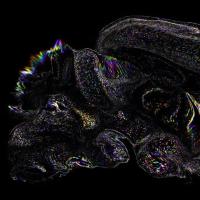
Psychedelics and Non-hallucinogenic Analogs Work Through the Same Receptor, Up to a Point
In new research led by the University of California, Davis, researchers found that non-hallucinogenic versions of psychedelic drugs promote neuroplasticity through the same biochemical pathway as psychedelics. However, unlike psychedelics, they don’t activate genes long thought to be key players in that process.
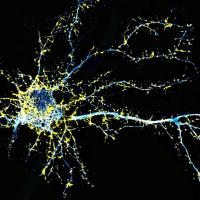
Researchers Develop an LSD Analogue with Potential for Treating Schizophrenia
University of California, Davis, researchers have developed a new, neuroplasticity-promoting drug closely related to LSD that harnesses the psychedelic’s therapeutic power with reduced hallucinogenic potential.
The research, published in Proceedings of the National Academy of Sciences, highlights the new drug’s potential as a treatment option for conditions like schizophrenia, where psychedelics are not prescribed for safety reasons.
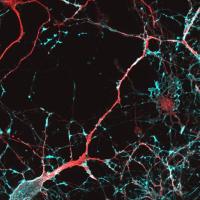
UC Davis Researchers Achieve Total Synthesis of Ibogaine
Researchers at the UC Davis Institute for Psychedelics and Neurotherapeutics have found a route to synthesize the psychoactive drug ibogaine and related compounds. This will make it easier to study the therapeutic properties of ibogaine and similar drugs.
2024
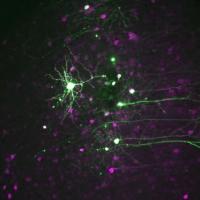
Anti-Anxiety and Hallucination-Like Effects of Psychedelics Mediated by Distinct Neural Circuits
New research suggests that it could be possible to separate treatment from hallucinations when developing new drugs based on psychedelics. The anti-anxiety and hallucination-inducing qualities of psychedelic drugs work through different neural circuits, according to research using a mouse model. The research shows that decoupling the beneficial effects of psychedelics from their hallucinogenic effects isn’t just a matter of chemical compound design. It’s a matter of targeted neural circuitry.

Exploring the Psychedelics Within Us
Our bodies are pharmaceutical factories. From the hormones that regulate our blood sugar to the neurotransmitters that act as the body’s natural painkillers, these endogenous — produced within the body — chemicals ensure our functionality and survival.
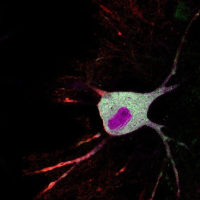
New Method Tracks How Psychedelics Affect Neurons in Minutes
Researchers at the University of California, Davis have developed a rapid, noninvasive tool to track the neurons and biomolecules activated in the brain by psychedelic drugs. The protein-based tool, which is called Ca2+-activated Split-TurboID, or CaST, is described in research published in Nature Methods.
2023

UC Davis Establishes Institute for Psychedelics and Neurotherapeutics
The University of California, Davis, has launched the Institute for Psychedelics and Neurotherapeutics to advance basic knowledge about the mechanisms of psychedelics and translate it into safe and effective treatments for diseases such as depression, post-traumatic stress disorder, addiction, Alzheimer’s disease and Parkinson’s disease, among others.
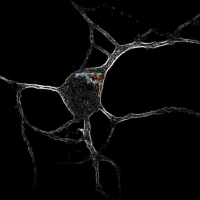
Receptor Location Matters for Psychedelic Drug Effects
Location, location, location is the key for psychedelic drugs that could treat mental illness by rapidly rebuilding connections between nerve cells. In a paper published Feb. 17 in Science, researchers at the University of California, Davis, show that engaging serotonin 2A receptors inside neurons promotes growth of new connections but engaging the same receptor on the surface of nerve cells does not.
2022
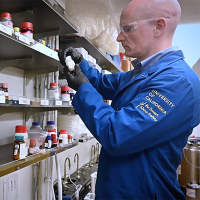
$2.7M Grant to UC Davis to Find New Addiction Treatments Related to Psychedelics
Researchers at the University of California, Davis, and the University of Colorado Anschutz Medical Campus plan to screen hundreds of compounds to discover new, nonhallucinogenic treatments for substance use disorders. The research is funded by a $2.7 million grant from the National Institute on Drug Abuse, part of the National Institutes of Health.
2021
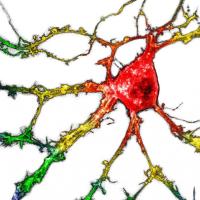
PsychLight Sensor to Enable Discovery of New Psychiatric Drugs
Currently, the most effective way to test an experimental drug to see if it causes hallucinations is the “head twitch” assay in rodents. “Scientific studies on psychedelic drugs have been conducted since the 1940s but we still don’t have an effective cellular assay for them,” said David Olson, assistant professor in the Department of Chemistry, College of Letters and Science at UC Davis and a co-author on the paper.
2020

New Compound Related to Psychedelic Ibogaine Could Treat Addiction, Depression
A non-hallucinogenic version of the psychedelic drug ibogaine, with potential for treating addiction, depression and other psychiatric disorders, has been developed by researchers at the University of California, Davis.
